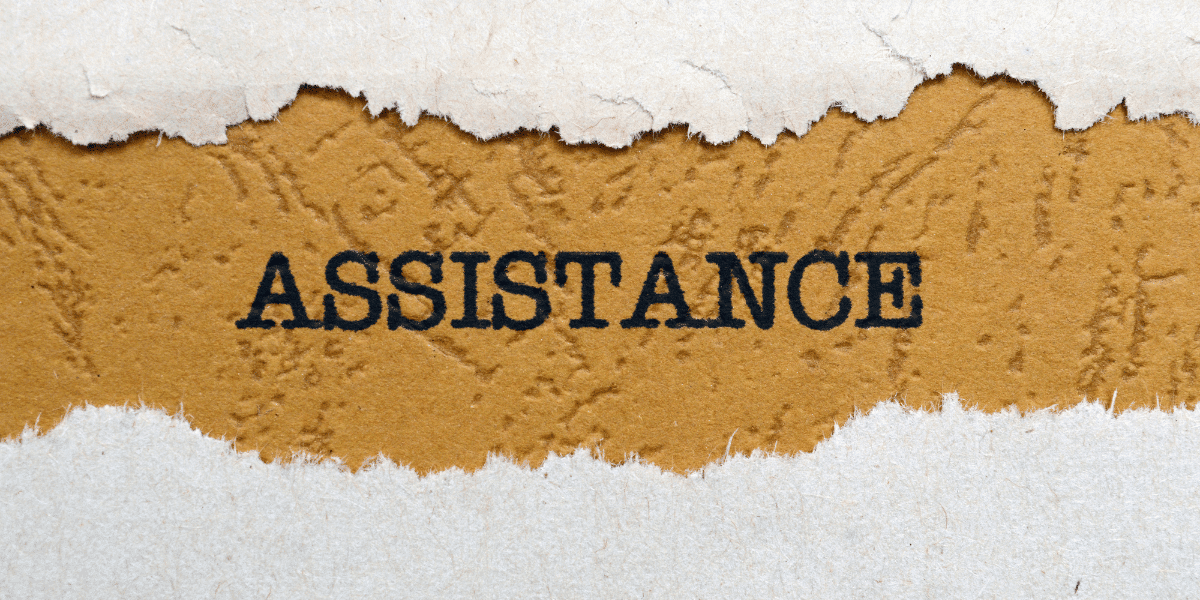Navigating Closing Costs: A Guide
When it comes to purchasing or selling a home, there are a multitude of expenses to consider. Among these, closing costs hold significant importance. Understanding the allocation of these costs is crucial for both buyers and sellers.
At 1 Percent Lists SoCal, we know the importance of understanding where your money is going during a real estate transaction. With that in mind, we’ll delve into the responsibilities of each party involved and shed light on common practices. So, let’s dive in!
Seller’s Responsibilities
As a seller, you may wonder about the closing costs you’ll be accountable for. Generally, the seller’s costs include various fees associated with the home sale. While these costs can vary depending on the location and specific circumstances, let’s explore some common ones:
- Agent commissions: When selling a home, it is customary to work with a real estate agent who aids in the sale. The agent’s commission is typically a percentage of the sale price.
- Attorney fees: Engaging an attorney to oversee the legal aspects of the home sale is commonplace. The attorney ensures that all necessary documents are properly prepared and reviewed.
- Title insurance: To safeguard both the buyer and the lender from unforeseen issues with the property’s title, title insurance is procured. As the seller, you often bear the expense of the buyer’s title insurance policy.
- Transfer taxes: These taxes are imposed by state or local governments during the transfer of property ownership. Separate from property taxes, the responsibility for paying transfer taxes can vary depending on the location.
Buyer’s Responsibilities
As a buyer, you also have your share of closing costs to consider. Let’s explore some of the buyer’s costs that may arise during the home purchase process:
- Loan origination fees: Lenders charge these fees to cover the administrative costs of processing your loan application.
- Appraisal fees: An appraisal is typically required by the lender to assess the value of the property. The buyer is usually responsible for covering the appraisal fees.
- Home inspection fees: To identify any underlying issues with the property, a home inspection is crucial. The buyer is responsible for hiring and paying the home inspector.
- Mortgage insurance: If your down payment falls below a certain threshold, your lender may require mortgage insurance. This insurance protects the lender in the event of default on mortgage payments.
- Escrow fees: Escrow services are often utilized to ensure a smooth and secure transaction. The buyer may be responsible for the associated fees.
Negotiating Closing Costs
Negotiation plays a pivotal role in the home buying and selling process, and closing costs are no exception. Both buyers and sellers have the opportunity to negotiate these costs to reach a mutually agreeable arrangement. Here are some strategies to consider:
- Research and compare: Conduct thorough research and compare closing cost estimates from different lenders, real estate agents, and service providers. This knowledge can provide leverage during negotiations.
- Request concessions: Buyers can propose that the seller pay a portion or all of the costs. Similarly, sellers can negotiate with the buyer to share the cost burden.
- Trade-offs: In certain cases, buyers and sellers can negotiate by offering concessions in other areas of the transaction. For instance, the seller might agree to cover more closing costs in exchange for a quicker closing timeline.
Exceptions to the Rule
While the expenses we’ve gone over are what’s commonly handled by each party, this isn’t always the case. Here are a couple of common exceptions:
- In a competitive market or to attract more potential buyers, a seller may offer to pay closing costs. This could just be a portion or all of the costs.
- Buyers may agree to cover certain closing costs traditionally paid by the seller, especially if the seller is facing financial constraints.
Who Pays in Different Types of Transactions
Closing cost responsibilities can vary depending on the type of real estate transaction. Let’s examine how it typically works in different scenarios:
- Traditional home purchases: In a standard home purchase, the buyer generally assumes most of the closing costs. However, negotiations between the buyer and seller can influence the final allocation.
- FSBO transactions: When a property is sold without an agent, closing costs can be negotiated based on mutual agreement.
- Short sales: Occasionally, a property is sold at a lower price than what’s owed on the current mortgage. In this instance, closing costs might be negotiated between a buyer, the seller, and the lenders.
- Foreclosures: Closing costs in foreclosure sales can vary depending on the circumstances. Buyers should conduct thorough due diligence and seek professional advice to understand their financial responsibilities.
- New construction homes: Builders may provide incentives to attract buyers, such as covering a portion of the closing costs. Buyers should carefully review the terms and negotiate if necessary.
Assistance Programs
To assist homebuyers with their closing costs, various closing cost assistance programs are available. These programs aim to alleviate the financial burden associated with purchasing a home. Here’s an overview:
- Types of programs available: Government-sponsored programs, grants, and down payment assistance programs are among the different types of assistance programs. Each program often has specific eligibility criteria and requirements.
- Eligibility requirements: Closing cost assistance programs may have varying eligibility criteria. Some programs may impose income restrictions, while others may prioritize specific groups, such as first-time homebuyers or veterans. It’s crucial to research and understand the eligibility criteria for each program.
Conclusion
Closing costs play a crucial role in the process of buying or selling a home. Understanding these costs is vital for both buyers and sellers to navigate the real estate transaction successfully. By having a solid knowledge of their responsibilities, buyers and sellers can navigate the closing process with greater confidence.
At 1 Percent Lists SoCal, we get the complexities of closing costs. Our mission is to guide our clients through real estate transactions with confidence and clarity.
Our experienced agents ensure that you have a comprehensive understanding of the closing costs involved, enabling you to make informed decisions.
If you are seeking to buy or sell a home in Southern California, reach out to 1 Percent Lists SoCal. Let us assist you in achieving your real estate goals while minimizing any surprises related to closing costs.
Contact us today to take the next step towards a successful real estate journey. Together, we’ll navigate the closing process smoothly, ensuring a seamless and rewarding experience.



